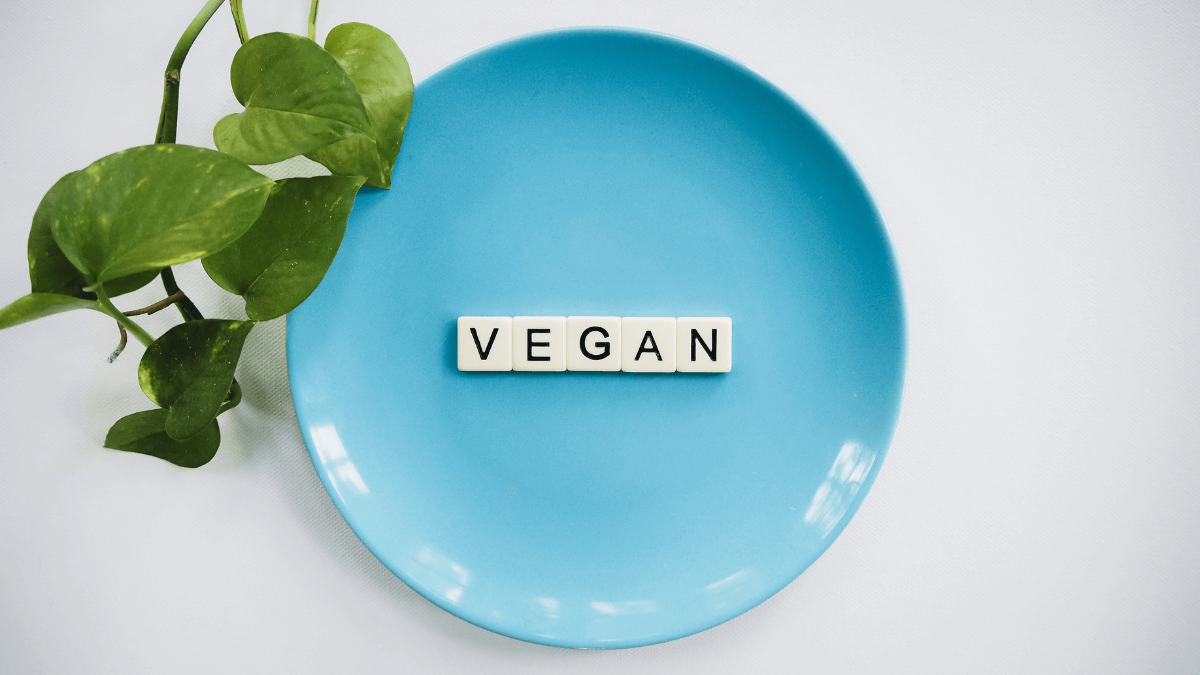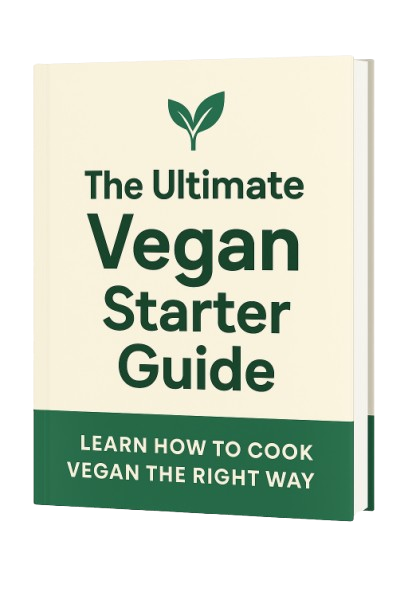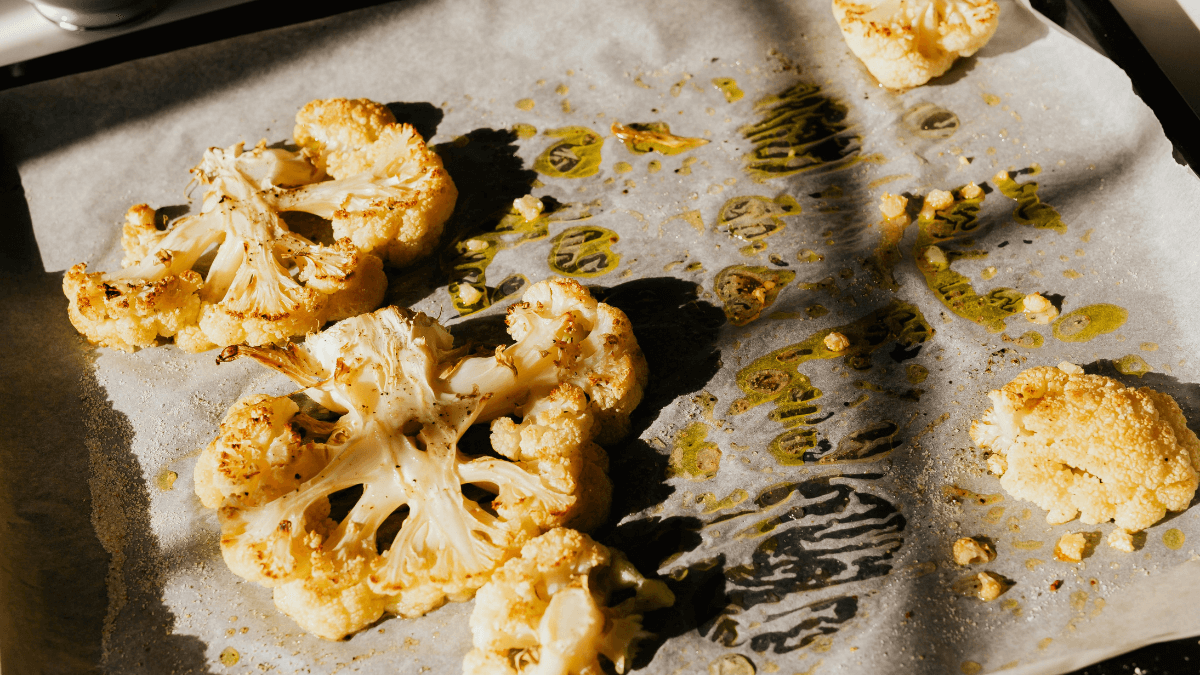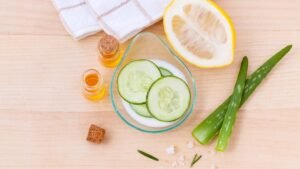
Starting your vegan cooking journey can be exciting, but it’s not always smooth sailing. 🍃 Even seasoned plant-based food lovers can fall into habits that lead to bland meals, nutrient gaps, or kitchen frustration.
The good news? Most mistakes are easy to fix once you’re aware of them.
Here are 7 common vegan cooking mistakes — and exactly how to avoid them.
1. Relying Too Much on Processed Vegan Foods 🧪
It’s tempting to fill your fridge with vegan burgers, sausages, and frozen meals — they’re convenient, tasty, and require zero prep.
But beware:
Many are high in sodium, oils, or additives
Nutritional value is often low compared to whole foods
✅ What to do instead:
Base your meals on whole ingredients: legumes, grains, vegetables, fruits, seeds, and nuts. Use processed items occasionally — not daily.
2. Not Getting Enough Protein
One of the biggest myths is that vegans can’t get enough protein — but the real mistake is not planning it properly.
Watch out for:
Skipping protein at breakfast
Relying only on carbs or raw veggies
✅ Easy protein additions:
Tofu, tempeh, lentils
Chickpeas, quinoa, hemp seeds
Nut butters and protein smoothies
💡 Try to include a protein source in every meal.

3. Underseasoning Your Food 🌶️
Plant-based ingredients are naturally mild — and they shine with the right seasoning!
Common flavor mistakes:
Cooking without garlic, onion, or spices
Avoiding salt or acid (like lemon juice)
Skipping fresh herbs
✅ Solution:
● Learn your spice rack!
● Use citrus, vinegars, mustards, tahini, soy sauce, miso…
● Taste as you go and layer your flavors.

4. Not Pressing or Draining Tofu Properly
Ever ended up with soggy, bland tofu? 😖 It’s probably a prep mistake.
What goes wrong:
Cooking tofu straight from the pack
Using soft tofu for frying or baking
Not pressing out water
✅ Fix it:
Press firm tofu for 15–30 minutes
Use extra-firm for stir-fries or baking
Marinate tofu for flavor and texture
🍽️ Bonus: Air fryers give tofu a perfect crisp.

Download Our Free eBook
Get your copy of The Ultimate Vegan Starter Guide and begin your plant-based journey today.
5. Ignoring Nutrient Needs (Like B12, Iron, Omega-3s) 🧠
Vegan food can be super nutritious — but only if you’re mindful of what’s missing.
Don’t forget:
B12 is not found in plant foods (you must supplement)
Iron from plants is less absorbable (pair with vitamin C)
Omega-3s from chia, flax, and walnuts are important for brain health
✅ Add this to your plan:
Fortified plant milks
Daily B12 supplement
Ground flax or chia daily in smoothies or oatmeal

6. Thinking All Vegan Food Is Automatically Healthy
Vegan cookies are still cookies. 😅
It’s easy to fall into the “plant-based = healthy” trap.
But processed snacks, refined carbs, sugary vegan treats can be just as harmful as non-vegan ones.
✅ Remember:
Whole foods = fiber, vitamins, satisfaction
Processed vegan = occasional treat, not a staple
🌿 Balance is key — enjoy both, but focus on real ingredients.
7. Trying to Veganize Every Dish Without Adjustments
Trying to make a vegan version of every traditional dish without adapting flavor or texture can lead to… disappointment.
What often goes wrong:
Egg replacements don’t bind as expected
Cheese alternatives melt poorly
Texture feels “off”
✅ Better approach:
Look for recipes already designed as vegan
Use tried-and-tested substitutions
Accept that some dishes will feel different — and that’s okay!
✨ You’re not sacrificing — you’re discovering a new way to cook.
Mistakes are part of the learning process, and in the kitchen, they often lead to delicious discoveries.
By avoiding these common pitfalls, you’ll improve your meals, boost nutrition, and gain more confidence with every plant-based dish you prepare.
So keep seasoning, pressing, sautéing, and exploring — your vegan kitchen journey has just begun!
Still Curious About Veganism?
Our free eBook answers the most common questions and helps you transition smoothly.
Download Now🥄 Explore More Vegan Cooking Tips
Want to improve your plant-based kitchen skills? Dive into our Cooking Tips section and learn how to prep, season, and cook like a vegan pro!

❓ Frequently Asked Questions
✍️ Author's Note: This article was written by The VeganVus Team, a group of passionate plant-based creators dedicated to helping you live a kinder, healthier life. 💚
🔍 Explore More Vegan Guides
📚 Want to Learn More About Veganism?
Explore Vegan Basics
Vegan Insights

Top Cruelty-Free Vegan Body Care Essentials for Every Season
Finding the perfect body care routine that’s both vegan and cruelty-free can feel like a

How to Build a Stylish Vegan Wardrobe (Without Breaking the Bank)
Building a wardrobe that’s both fashionable and ethical might sound expensive — but it doesn’t

How to Build a Sustainable Vegan Home: Simple Steps for Greener Living
Living a compassionate lifestyle goes beyond what you eat — it extends into your home,

10 Easy Vegan Swaps to Live a More Sustainable Lifestyle
Embracing a sustainable vegan lifestyle is one of the most powerful ways to reduce your

How to Create a Weekly Vegan Self-Care Plan (Relaxation, Nourishment & Mindfulness)
Embracing a vegan lifestyle goes beyond food — it’s about nourishing your entire being 🌿.


